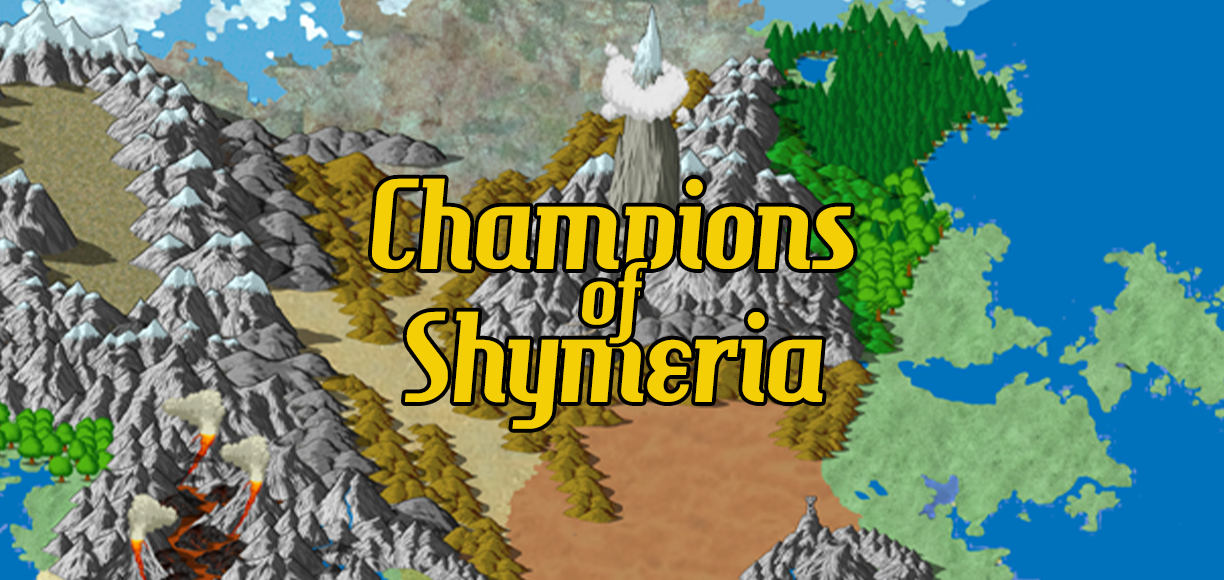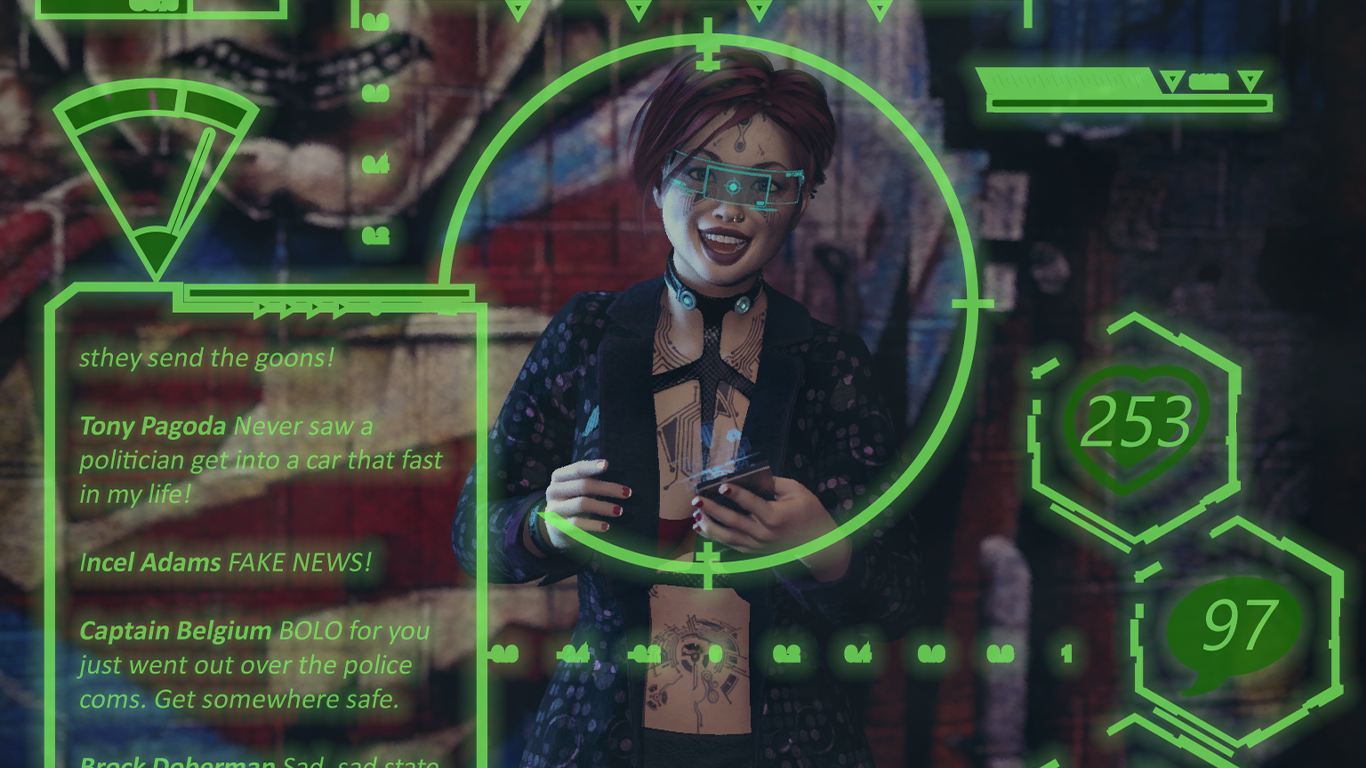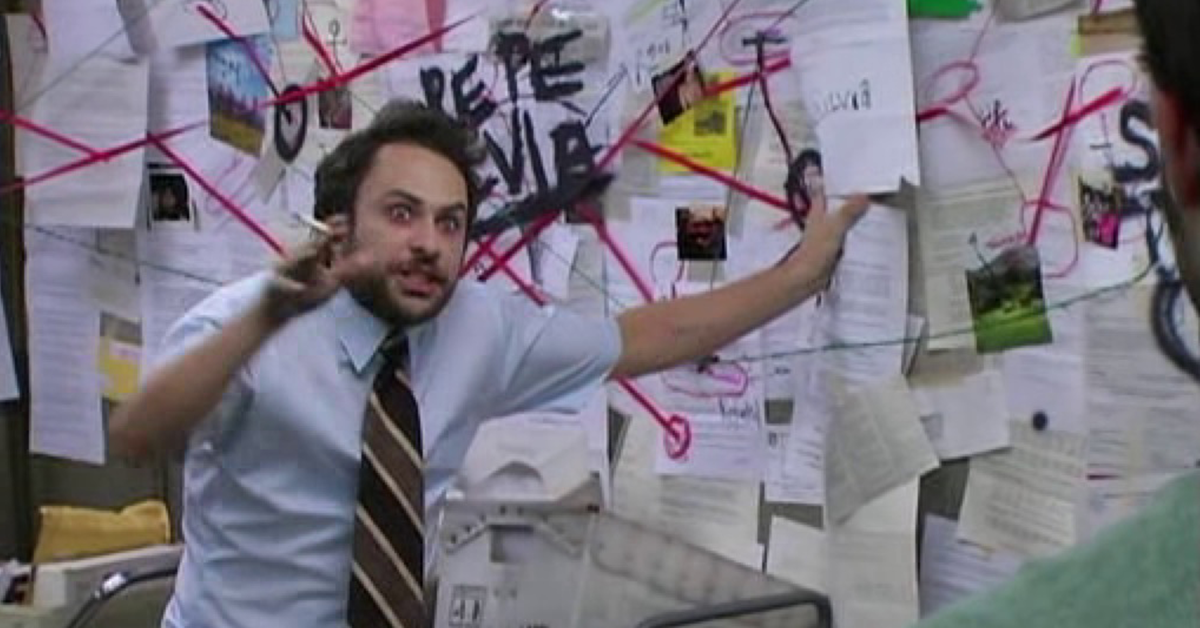We may earn money or products from the companies mentioned in this post.
Tone is the attitude that the players take toward the game: is the goal immersive role-playing, a more beer-and-pretzels experience, or something in between? Mood is the atmosphere of the story: are you telling a grim story about characters trying to survive a zombie apocalypse, or an action-packed story about kicking zombie butt? Since it’s impossible to establish a “heavy” atmosphere if the players aren’t taking the game very seriously, the two are closely related. Good stories change tone and mood as appropriate from scene to scene–the scene where the protagonist plays a practical joke on his friend is light and comical; the next scene where he watches the same friend get eaten by bears, not so much–but there’s usually a baseline tone and mood that are prevalent, especially as the story starts speeding toward its climax.
The most prevalent mood for Guardians of Shymeria is one of melodramatic adventure. To the characters, the stakes are high and the things they do are important to protecting the world from Evil. They don’t have the metafictional self-awareness or pop culture background to recognize the rules of genre fiction that help ensure that things will most likely work out for them in the end. For the same reason, they’re unable to recognize the absurdity of the things they encounter. To them, a guy named Drill-O whose left arm is a giant power drill isn’t anything remarkable. They probably interact with half a dozen people with similarly odd powers and on-the-nose names every day. The mood will probably get darker as the story shifts from Saturday morning cartoon to high fantasy war movie, but to the characters it’s because the power of Evil has grown, not because the rules that govern reality have changed.
The tone, on the other hand, is light and casual. The players will hopefully experience all the vicarious excitement, suspense, and wonder of a good fantasy adventure story, but at the same time they are in on the joke. The players are expected to be reasonably conversant in the tropes and conventions of the genre(s), and are encouraged to comment on, laugh at, play to, and even try to rationalize or explain them. When Drill-O shows up, the players are allowed to laugh at the name and wonder if the action figure is battery powered and speculate on whether he was named Drill-O because he was born with a drill arm or if everyone called him Stan up until the fateful day when the evil Lord Colemine kidnapped him and replaced his arm with a drill bit. In other words, the players are supposed to enjoy the story on all levels: as characters, as storytellers, and as the audience.
As the story shifts from He-Man to Wizards, there’s a very good chance that the tone will shift as well. By that point, the players will hopefully have gotten the postmodern commentary out of their systems, built up a tolerance to the absurdity, and become invested in the characters, the story, and the world. Even though the characters won’t necessarily realize that the stakes have become much higher, the players will, which will likely cause them to approach the story more from the perspective of a character in the world and a storyteller than as an audience member. As the players buy into the the genre conventions and the story, the tone will become more serious.
In this case, thinking about the tone and mood of the game provides a few ideas for how to bridge the gap between the two subgenres that provide the inspiration for the game. During the early part of the story, when the “cartoon rules” are in force, the players are on familiar ground both geographically and metaphorically. It might even be a good idea to create a “local” Skeletor-type nemesis for the players to regularly foil. The juxtaposition may be useful for making it clear that the Demon King is an entirely different kind of threat that the characters have faced before. As the Demon King’s power grows and the players are forced to venture farther from home in their attempt to save the world, things get more dangerous, unpredictable, and complicated, allowing the game to become darker and more epic. Equating “home” with safety and predictability and the larger world with danger and complexity also provides potential hooks for lots of common fantasy themes, which is a nice bonus.
Next week, I’ll discuss “The Rules.” Be prepared for Scream references.





